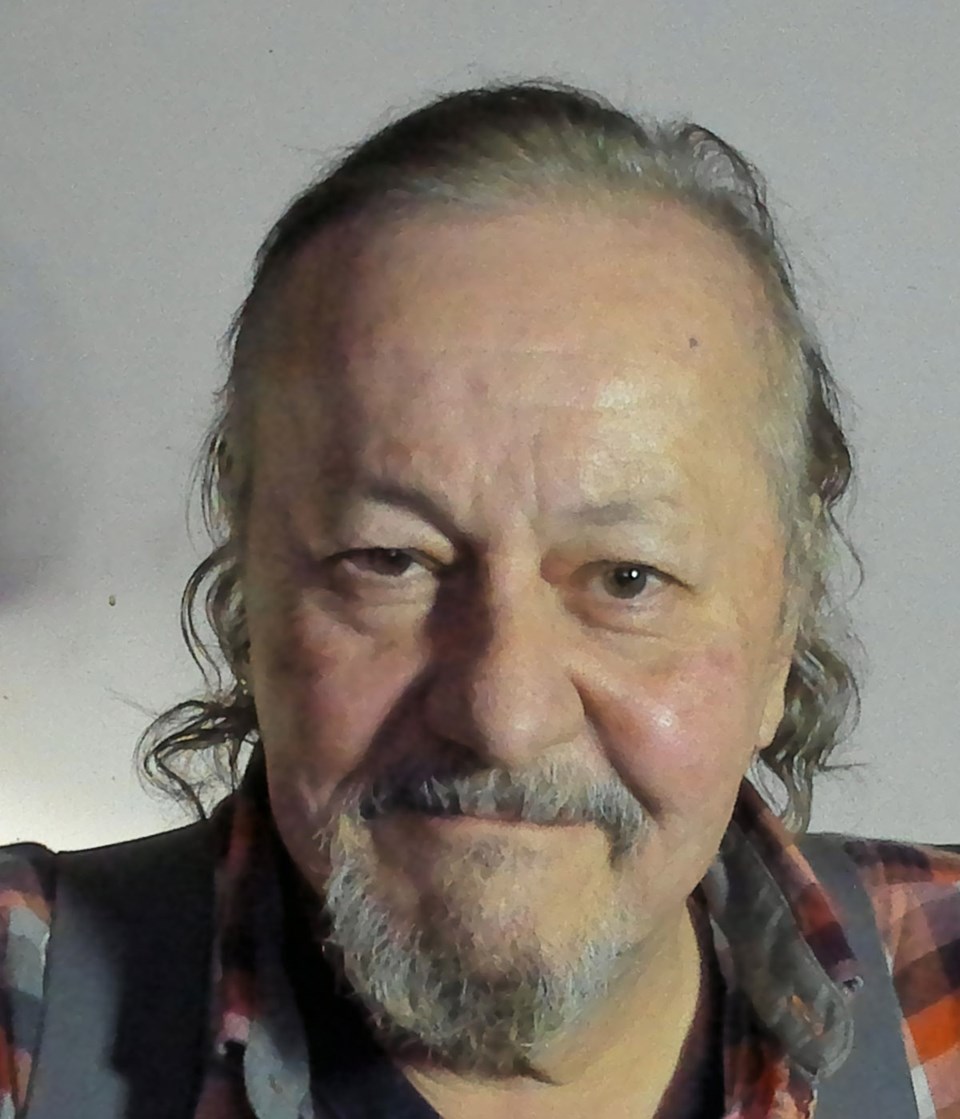Andrew Burton is one of five candidates running in Prince George in the School District 57 byelection, happening on Jan. 15.
The Citizen asked each candidate running in the election to answer the following five questions:
Q: What skills, experience and knowledge do you bring to the table from your professional, volunteer and personal background?
A: I have worked in social services and health care, (so) I understand how organizations function. I worked with high schools in Prince George leading group processes for youth facing challenges in their lives. I founded the Street Spirits program for youth engaging youth in creating positive change in the world. This work provided insight into how people make choices while coping with challenge and change. Street Spirits built a process and an awareness of the value of collaborative and egalitarian decision making.
I am trained and experienced in restorative justice procedures, practices that develop open and meaningful communication and decision making. I have worked extensively in First Nations communities across Western Canada in a number of roles.
I have a masters degree in education.
Q: What do you think the most important issue facing School District 57 is, and what would you like to do about it?
A: Our school systems are currently in the midst of an existential crisis. It has been my experience that the vast majority of school staff entered their professions for the right reasons. Wanting to help our communities and the children that are the future of those communities, wanting to make a difference. Systemic and structural problems within the system have made it increasingly difficult for those goals to be met. Add to that the extreme stressors of trying to function and maintain educational practices in the face of a serious pandemic amid the challenges of economic changes, lockdowns and controversies over the actions needed to address the spread of COVID, not to mention forest fires and evacuations. The result has been frustration, mistrust and burnout. Some good teachers, good administrators and good support staff have left or been unable to provide the care and leadership our schools desperately need. Initiatives to support and develop leadership, clear, trustworthy and transparent decision making and practical systems that are collaborative, inclusive and supportive could turn the corner on such problems.
Q: Do you support a mandatory COVID-19 vaccine mandate for school district teachers and staff? Why or why not?
A: The issue of a vaccine mandate is contentious. COVID is still a clear and present danger to people here in the north. While I believe it is in everyone’s best interests to be vaccinated, it is important to look at a mandate in the context of other concerns. The stressors faced by school staff and school administration are serious and widespread. A vaccine mandate could add to that at a time when building stability and recovery from the challenges of the past few years is key to the health and wellbeing of the district as a whole. I believe the best approach would be to work collaboratively with the administration, staff and unions to develop a plan to increase vaccination and other initiatives to minimise the risk of transmission. That may mean a mandate but it would be one arrived at by building consensus rather than by executive order.
Q: Do you support the creation of two additional, dedicated trustee positions for the Lheidli T’enneh First Nation and McLeod Lake Indian Band? Why or why not?
A: I support this initiative. First Nations populations have a long history of serious problems with school systems that includes historic malfeasance and abuse. While the ministry, schools and school boards have expressed a determination to work toward better, fairer and more equitable educational practices and resources, it is important that First Nations communities have, and are seen to have, a voice in that design and decision making. Having school trustees from First Nations communities makes it clear that the educational system is committed to “walking our talk.”
Q: Why are you the best person for the job of school board trustee?
A: I am committed to the wellbeing and development of our schools and the people in them. I have skills in mediation, reconciliation and facilitating decision making in creative ways. I have the education, training and experience to bring insight and good judgement to the role of trustee.



